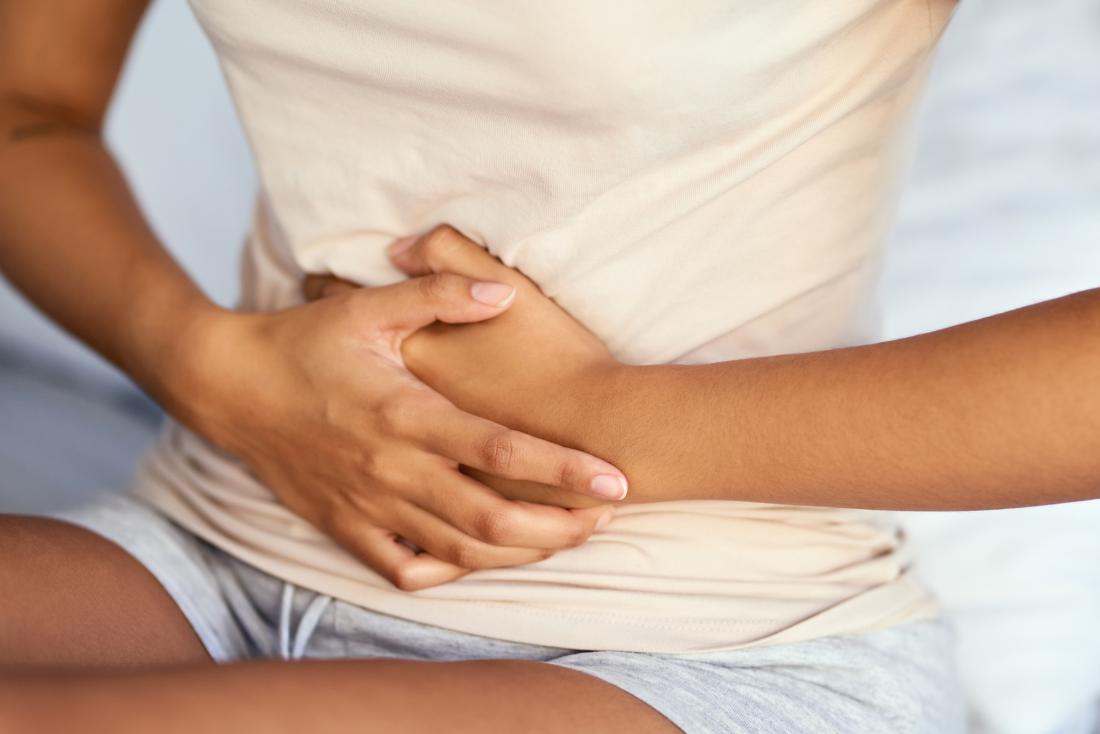Peptic Ulcer Disease
Written by Prince Assandoh-Mensah in 2016
Peptic Ulcer is often referred to as ‘stomach ulcer’ by the general public. It is an ulcer (open sore) of the stomach or the intestines. It usually occur at the lower end of the gullet (or oesophagus), the stomach and the duodenum (the first part of the intestine immediately adjoining the stomach).
Those in the stomach are called Gastric ulcers whiles those in the duodenum are also called Duodenal ulcers. Duodenal ulcer is commoner than gastric ulcer and in West Africa, it is ten times as common as gastric ulcer.
Causes
Peptic acid is caused by the action of an acid called Hydrochloric acid produced in the stomach to help in the digestion of food. The stomach usually produces mucus (a thick slimy substance) which coats its lining and helps prevent erosion by the acid. Gastric ulcer usually occurs when the stomach lining is unable to protect itself from damage by the acid.
Duodenal ulcer also occurs when there is excessive secretion of acid or rapid emptying of the stomach. This may lead to a larger amount of acid being delivered to the first part of the duodenum and result in the formation of an ulcer.
Excessive acid production by the stomach may be caused by anxiety, worry, stress and frustration as well as alcohol, spices and pepper.
Predisposing Factors
These are factors that may put one at risk of getting the disease. They include
- Genetic predisposition
- Excessive acid secretion
- Stress
- Excessive alcohol intake
- Smoking
- Drugs such as aspirin and NSAIDS such as diclofenac, ibuprofen, naproxen and indomethacin
- Chronic use of steroidal, potassium and iodine compounds
- The Helicobacter pylori bacterium, is also thought to be a major cause of peptic ulcers.
SIGNS AND SYMPTOMS
- Pain in the upper part of the abdomen is the main symptom of peptic ulcer.
- In duodenal ulcer, the pain tends to come on when the stomach is empty as during hunger and in the middle of the night. The pain is relieved with food, milk and antacids such as magnesium trisilicate (Magacid).
- In gastric ulcer, food in the stomach irritates the ulcer and causes pain. Therefore, the pains tend to come on during or soon after meals.
- As a result of the pain, weight loss and loss of appetite may occur with gastric ulcers.
- Weight gain may result with duodenal ulcers because food relieves the pain.
- Vomiting may occur in both duodenal and gastric ulcers; may contain frank blood (dark brown fluids) from a bleeding ulcer.
- Bleeding from ulcer also leads to the passage of black stools or frank bright red blood if the bleeding is massive.
Diagnosis
In order to confirm the diagnosis of peptic ulcer, the doctor may run series of tests including
- Endoscopy of the stomach and duodenum (Gastroduodenoscopy)
- Barium meal X’ray
- Test for H. pylori (i.e the germ that contributes to peptic ulcer formation)
Treatment
The main aim of treatment is to relieve pain and encourage healing of the ulcer. This can be achieved by reducing gastric acid production, relieving stress and anxiety, attention to diet and avoiding things that aggravate the disease.
- Rest. This relieves the stress and anxiety and promotes healing of the ulcers.
- Alcohol and smoking adversely affect ulcer healing and should be stopped.
- Coffee and other caffeine containing beverages must be avoided.
- Frequent and regular meals and milk are advised.
- Food items that aggravate pain such as spices and pepper should be avoided.
- Patient with gastric ulcer should also avoid fatty foods.
- Drugs such as antacids (example magnesium trisilicate), ulcer healing drugs such as omeprazole or esoprazole and antibiotics given must be taken religiously.
- Surgical treatment may be indicated for patients who do not respond to medical treatment or with complications of haemorrhage (bleeding ulcers), perforation or rupture of the ulcer, or obstruction of the stomach due to healing and scarring of ulcers in the stomach.
Prevention
- Avoid smoking
- Indiscriminate taking of NSAIDS such as aspirin, ibuprofen, diclofenac must be avoided
- Drink alcohol in moderation




